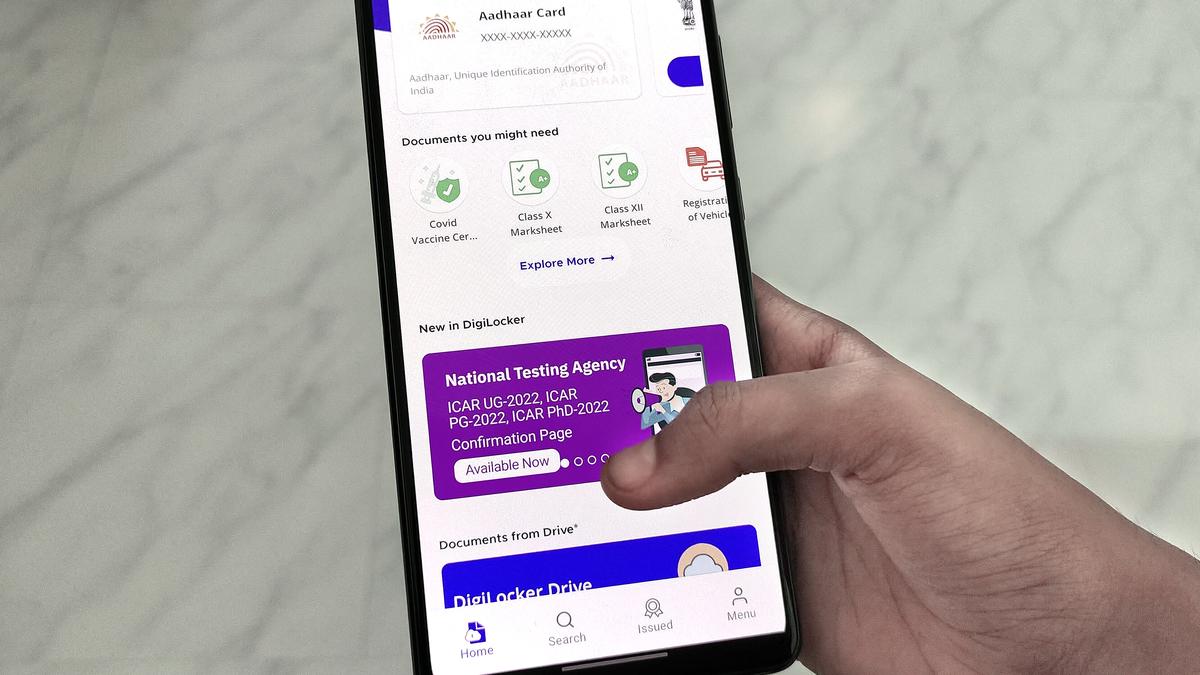Introduction
In today’s fast-paced world, where stress, anxiety, and depression have become prevalent, taking care of our mental health has become more crucial than ever. A well-designed and comprehensive program for mental health can play a pivotal role in promoting well-being and emotional balance. Such a program focuses on equipping individuals with tools and strategies to cope with challenges, build resilience, and lead fulfilling lives. Let’s explore the various aspects of an effective program for mental health and how it can positively impact our lives.
Understanding Mental Health
Before delving into the program itself, it’s essential to have a clear understanding of mental health. Mental health refers to our emotional, psychological, and social well-being. It affects how we think, feel, and act, and it also influences how we handle stress, relate to others, and make choices. A healthy mind is vital for overall well-being and enables us to navigate life’s ups and downs with resilience and grace.

The Importance of a Program for Mental Health
Enhancing Self-Awareness and Emotional Intelligence
A comprehensive program for mental health aims to enhance self-awareness and emotional intelligence. Through various activities and exercises, individuals can gain a deeper understanding of their emotions, recognize triggers, and develop strategies to manage them effectively. This heightened self-awareness empowers individuals to make conscious choices that align with their values and goals.
Building Resilience and Coping Skills
Life is filled with challenges, and building resilience is essential for mental well-being. A program for mental health equips individuals with coping skills to navigate difficult situations, bounce back from setbacks, and adapt to change. It teaches them how to reframe negative thoughts, practice self-care, and seek support when needed.

Promoting Positive Relationships and Social Support
Human connections are vital for mental health, and a good program recognizes the importance of fostering positive relationships and social support. It encourages individuals to strengthen existing connections and build new ones. By fostering healthy relationships, individuals gain a sense of belonging, support, and shared experiences, all of which contribute to improved mental well-being.
Stress Management and Mindfulness Techniques
Chronic stress can take a toll on our mental health. A program for mental health incorporates stress management techniques and mindfulness practices. These techniques help individuals cultivate a calm and centered state of mind, reduce anxiety, and improve focus. Mindfulness exercises, such as deep breathing, meditation, and grounding techniques, can be incredibly effective in managing stress and promoting mental clarity.
Holistic Approach to Mental Health
A comprehensive program for mental health takes a holistic approach, recognizing that mental well-being is interconnected with physical, emotional, and spiritual health. It emphasizes the importance of a balanced lifestyle, including regular exercise, healthy nutrition, quality sleep, and engaging in activities that bring joy and fulfillment.
FAQs about Program for Mental Health
- What is the ideal duration of a program for mental health?
A program for mental health can vary in duration depending on individual needs and goals. Some programs span a few weeks, while others may be ongoing. The key is to create a sustainable routine that allows for consistent progress and growth. - Can a program for mental health be customized for specific populations?
Absolutely! A good program for mental health can be tailored to address the unique needs of different populations, such as students, employees, or seniors. By considering specific challenges and stressors, targeted interventions can be designed to support individuals in those groups effectively. - Are virtual or online programs for mental health effective?
Virtual or online programs for mental health can be highly effective. With advancements in technology, these programs offer convenience and accessibility to a wider audience. However, it’s essential to ensure the program is well-designed, interactive, and supported by qualified professionals. - Can a program for mental health replace therapy or counseling?
A program for mental health complements therapy or counseling but does not replace it. While a program provides valuable tools and strategies, therapy or counseling offers a deeper exploration of individual issues and personalized guidance from a mental health professional. - What role does peer support play in a program for mental health?
Peer support is a crucial component of a program for mental health. Connecting with others who have similar experiences can provide a sense of belonging and validation. Peer support groups offer a safe space for sharing, receiving encouragement, and learning from one another. - How can employers promote mental health in the workplace?
Employers can implement various strategies to promote mental health in the workplace. This includes providing employee assistance programs, flexible work arrangements, promoting work-life balance, offering training on stress management and resilience, and fostering a supportive and inclusive work environment.
Conclusion
Investing in a program for mental health is a valuable step towards prioritizing our well-being and emotional balance. By enhancing self-awareness, building resilience, promoting positive relationships, and incorporating stress management techniques, such programs empower individuals to lead happier, healthier lives. Remember, mental health is a journey, and embracing a comprehensive program can be the catalyst for transformation. Take the first step today and embark on a path towards greater well-being.






